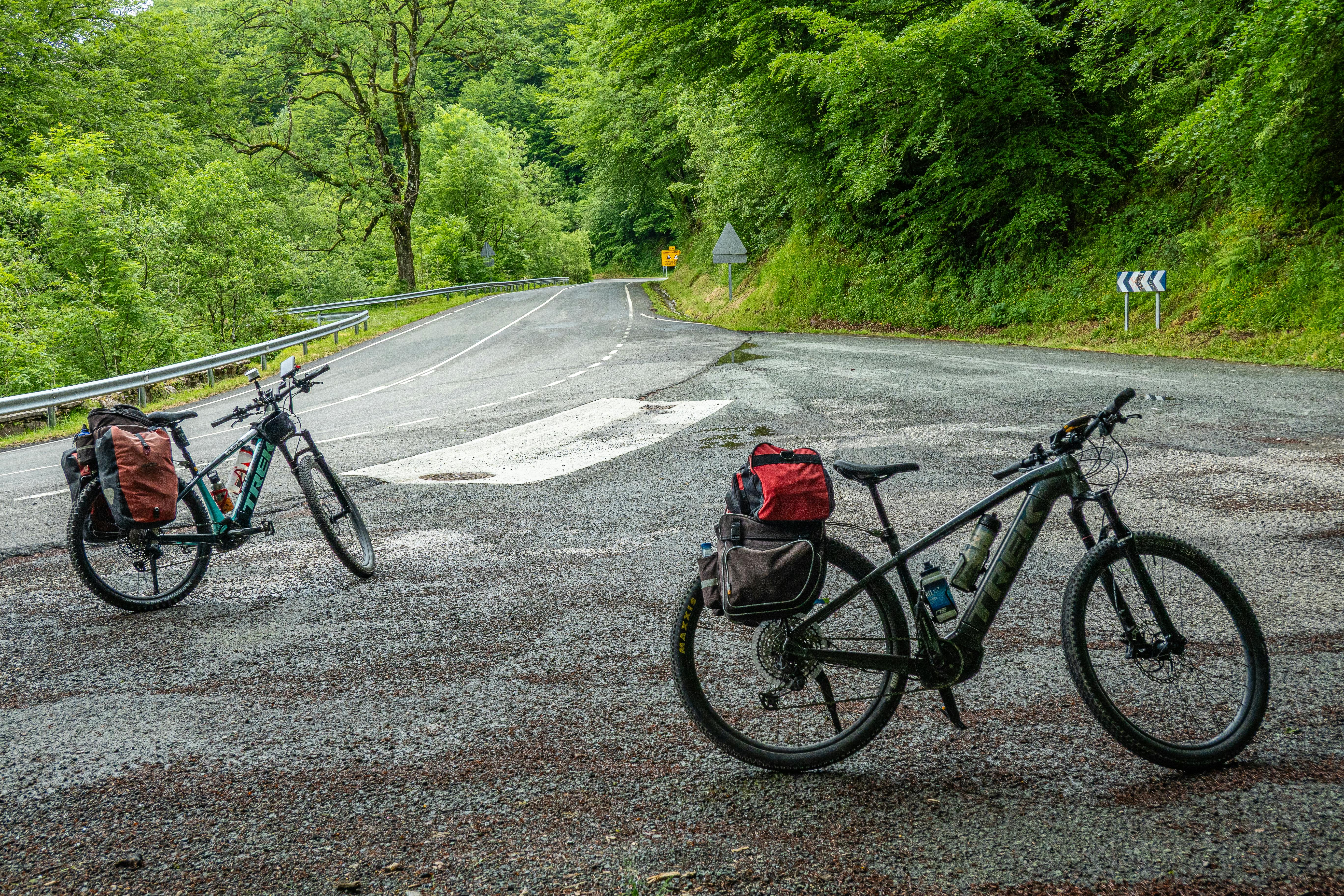The Advent of Bikepacking: A New Era in Eco-Travel
Among the many ways humans have sought to explore the world, a new trend is emerging that combines the freedom of cycling with the adventure of backpacking. Bikepacking, as it's known, offers a unique and eco-friendly means of travel, promising a deeper connection to the natural world and an immersive cultural experience. This article dives deep into this burgeoning trend, exploring its origins, evolution, and impact on the way we travel.

The Genesis of Bikepacking
Bikepacking’s roots lie in the age-old practices of bicycle touring and backpacking. Bicycle touring, a form of travel that involves long-distance cycling, dates back to the 19th century. On the other hand, backpacking, which typically involves hiking and camping in wilderness areas, gained popularity in the mid-20th century. The fusion of these two practices gave rise to bikepacking, a style of travel that blends cycling’s mobility with backpacking’s self-reliance.
Bikepacking in Today’s Travel Landscape
In recent years, bikepacking has exploded in popularity. This surge reflects a broader shift in travel preferences, with an increasing number of individuals seeking experiences that are eco-friendly, physically challenging, and off the beaten path. Bikepacking fulfills these desires, offering a greener mode of travel that allows for exploration of remote areas and promotes physical fitness.
Advantages and Challenges of Bikepacking
Bikepacking offers several advantages over traditional forms of travel. Its primary benefit is its low environmental impact, as it relies on human power rather than fossil fuels. Furthermore, bikepacking allows travelers to access remote areas that may be unreachable by car or public transport.
However, bikepacking also presents unique challenges. These include the physical demands of cycling long distances, the need for specialized equipment, and the necessity of carrying all necessary supplies. Despite these challenges, many find the rewards of bikepacking to be well worth the effort.
The Impact of Bikepacking on Travelers
Bikepacking has a transformative effect on those who undertake it. It encourages travelers to slow down, pay attention to their surroundings, and engage with local cultures in a way that more conventional forms of travel may not allow. Moreover, it fosters a deep appreciation for nature and an awareness of the importance of sustainable travel practices.
Practical Bikepacking Tips
- Plan Your Route: Consider the terrain, distance, and availability of supplies when planning your route.
- Pack Light: Limit your load to the essentials, prioritizing lightweight and multipurpose items.
- Prepare for Repairs: Carry a basic bike repair kit and know how to use it.
- Stay Hydrated: Always carry enough water and have a plan for refilling along the route.
- Respect the Environment: Follow Leave No Trace principles to minimize your impact on the environment.
In conclusion, bikepacking represents a new era in eco-travel, offering a unique and sustainable way to explore the world. As travelers increasingly seek out experiences that are immersive, challenging, and eco-friendly, bikepacking stands out as a travel trend with staying power. By embracing the practical considerations and potential challenges of bikepacking, travelers can embark on an adventure that is rewarding on multiple levels, fostering a deeper connection to the natural world and promoting a more sustainable way of life.




